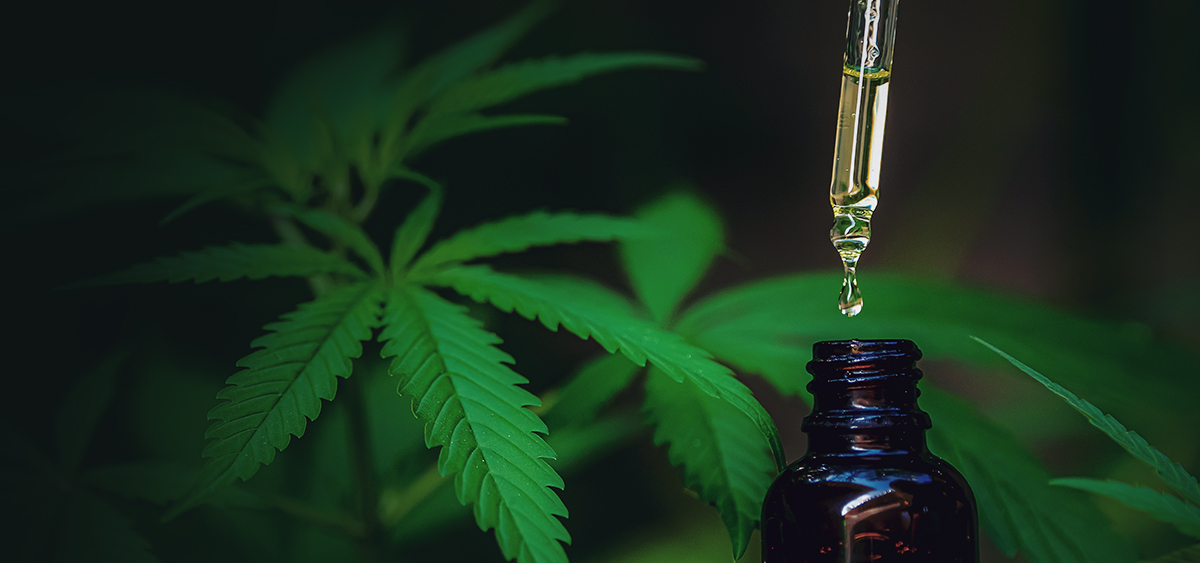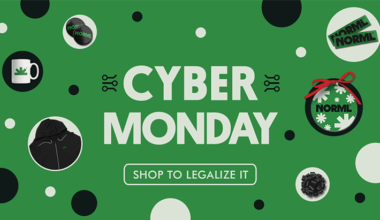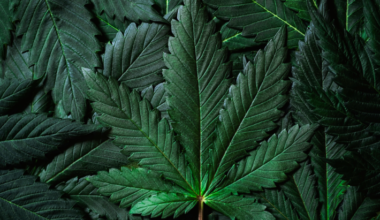The CBD market is one of the fastest-growing segments in the health and wellness space. CBD sales in the U.S. reached $4.6 billion in 2020 and are expected to hit $20 billion by 2024.
The purported therapeutic effects of CBD have created a buzz and prompted many people to explore how the cannabinoid can improve health and well-being. As such, there is an increasing demand for CBD supplements, and companies are seizing the opportunity to cash in on the trend.
However, the CBD industry is not without its challenges, especially surrounding the evolving legal landscape. The 2018 Farm Bill made hemp federally legal, but marijuana is not, and CBD can be derived from both cannabis plants – creating a great deal of confusion.
Another issue is that CBD is not FDA-approved, so it cannot be marketed as a dietary supplement. Below, we explore the CBD claims companies can and cannot make about their products.
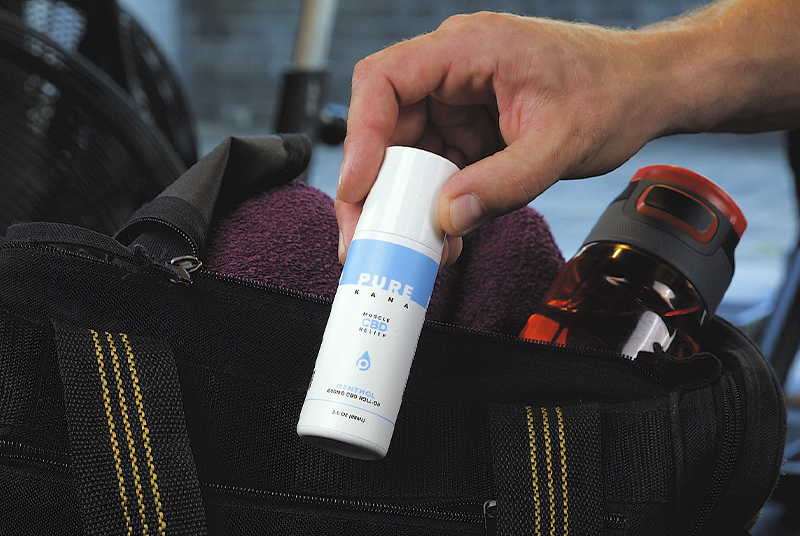
Do Not Make Medical Claims About Your CBD Product
The 2018 Farm Bill federally legalized industrial hemp and, by extension, its derivatives like CBD. As a result, CBD was removed from the federal Controlled Substances Act and is no longer overseen by the Drug Enforcement Agency (DEA). Instead, the hemp industry and CBD governance is now controlled by the FDA.
The FDA is currently still investigating the compound’s safety for human use and devising regulations, leaving the CBD industry in a legal gray area.
Any product intended for medicinal use or used to affect the function or structure of the body must be reviewed and approved by the FDA. Since CBD is not yet FDA-approved, any health claims may be considered misleading.
Over the last couple of years, the FDA has made it clear that it will not tolerate companies making unproven health claims about CBD products. The organization has sent warning letters to various companies that are making “egregious and unfounded” claims about CBD’s health benefits.
Avoid Stating or Implying Disease Claims
A common theme among the companies that received warning letters from the FDA is that CBD products were marketed as a treatment or cure for serious diseases, such as Alzheimer’s and multiple sclerosis.
You cannot explicitly state or infer that a CBD product can cure, treat, or prevent any illness or mitigate the symptoms of an illness. In general, steer clear of mentioning specific diseases like cancer or fibromyalgia.
Avoid Making Structure-Function Health Claims
The FDA describes structure-function claims as those relating to well-being and nutrient deficiencies. In most cases, these claims describe how an ingredient (like CBD) affects the normal function and structure of the body.
Such claims aren’t pre-approved for supplements, but companies can notify the FDA of the claim within 30 days of marketing the product. However, since CBD isn’t FDA-approved, it’s best to avoid these claims altogether. Examples include “fights symptoms like flu and cold,” “improves brain health,” and “eliminates wrinkles.”
Don’t Recommend CBD as a Substitution for Another Drug
You cannot legally advise customers about using CBD to treat a specific medical condition, disease, or ailment. Only doctors can do this. Similarly, you cannot market your CBD products to substitute other pharmaceutical drugs. For instance, you cannot market CBD as an alternative to PTSD or epilepsy medication.
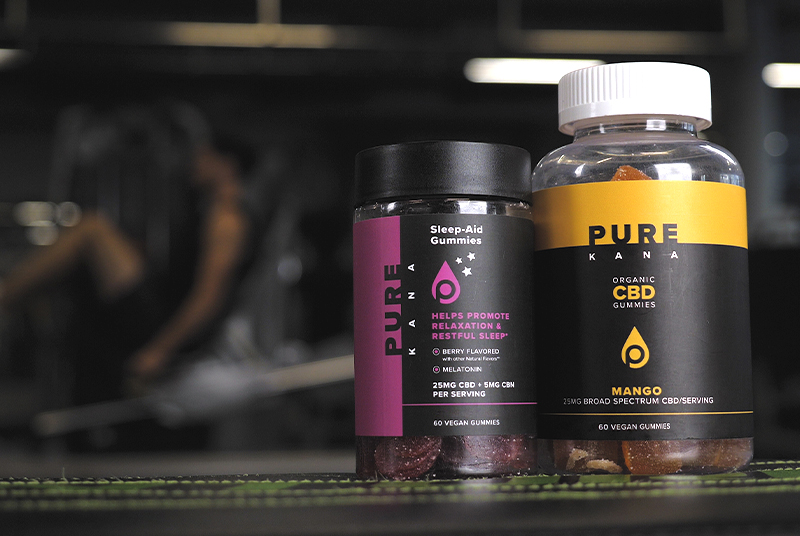
Claims You Can Legally Make About CBD Products
Any claims about the purported health effects of CBD products must be backed up by reliable scientific evidence. It’s often best to avoid making health claims altogether to ensure you’re playing by the FDA’s rules. Reputable companies like PureKana are great examples of how to market CBD products.
Here are some guidelines relating to the claims companies can make about CBD products.
Claims Pertaining to Temporary States or Emotions
As long as there is no implication that CBD can treat or prevent disease, claims related to temporary emotions are usually permissible. For instance, you can say things like “eases stress,” supports mental clarity,” and “targets occasional pain.”
The idea is to not overpromise or mislead customers. It must be clear that CBD is not intended to treat a specific medical condition. Qualifiers like “mild” or “occasional” help differentiate between temporary conditions and symptoms of diseases.
Claims Pertaining to CBD’s Effects on General Health
Although CBD cannot be marketed for specific health conditions, companies can make claims about how its therapeutic effects may benefit general health and wellness. Use words like “wellness,” “supports,” and “maintains.” For instance, you could say that CBD enhances wellness, supports healthy sleep cycles, or helps maintain a sense of wellbeing.
Refer to General Body Parts Including Systems
It’s also okay to make claims relating to CBD’s effects on general body parts and systems. For instance, you can claim that CBD supports a healthy immune system or that it can be used for joint and muscle aches. Another example is instead of saying that CBD can treat chronic fatigue, you could say that it improves daytime mental alertness.
However, if you make any structure-function claims, you must use an FDA disclaimer asserting that “these statements have not been evaluated by the Food and Drug Administration.”
Utilize Cosmetic Claims
It is perfectly fine to make claims about how CBD can improve one’s outer appearance without affecting the structure or function of the body. However, companies must still be careful not to mislead customers and ensure products are safe for use.
Examples of cosmetic claims include “balances uneven skin tone,” “helps tighten and firms,” and “smooths and hydrates.”
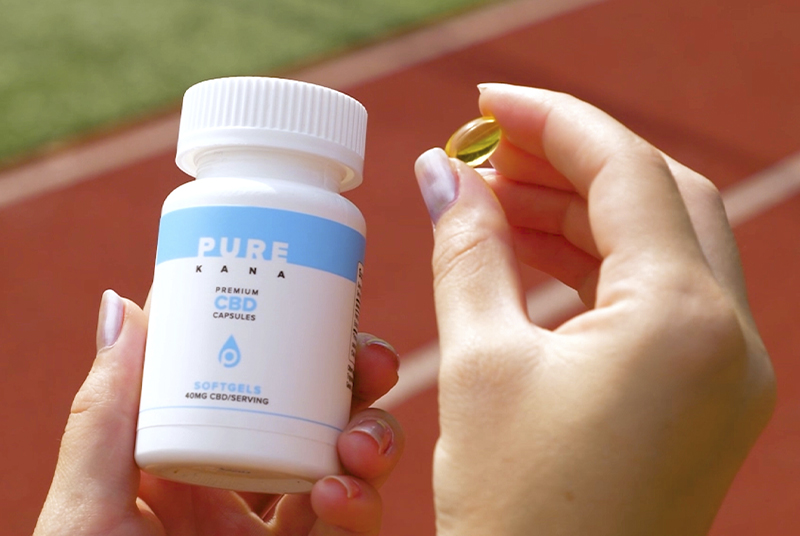
Final Thoughts: Claims Companies Can Make About CBD Products
CBD retailers who make unsubstantiated health claims about products could face legal action. In general, companies should avoid making health claims for specific diseases, steering clear of words like “cure,” “treat,” and “prevent.” Any claims relating to the health effects of CBD products should be backed up by sound science.
In general, be careful not to make any definitive claims about CBD’s health benefits. There is a fine line between making health claims and simply relaying how CBD may support health and wellness. Until CBD is FDA-approved, companies need to be very careful when marketing CBD products.
Medical Disclaimer:
The information provided in these blog posts is intended for general informational and educational purposes only. It is not a substitute for professional medical advice, diagnosis, or treatment. Always seek the advice of your physician or other qualified healthcare provider with any questions you may have regarding a medical condition. The use of any information provided in these blog posts is solely at your own risk. The authors and the website do not recommend or endorse any specific products, treatments, or procedures mentioned. Reliance on any information in these blog posts is solely at your own discretion.
